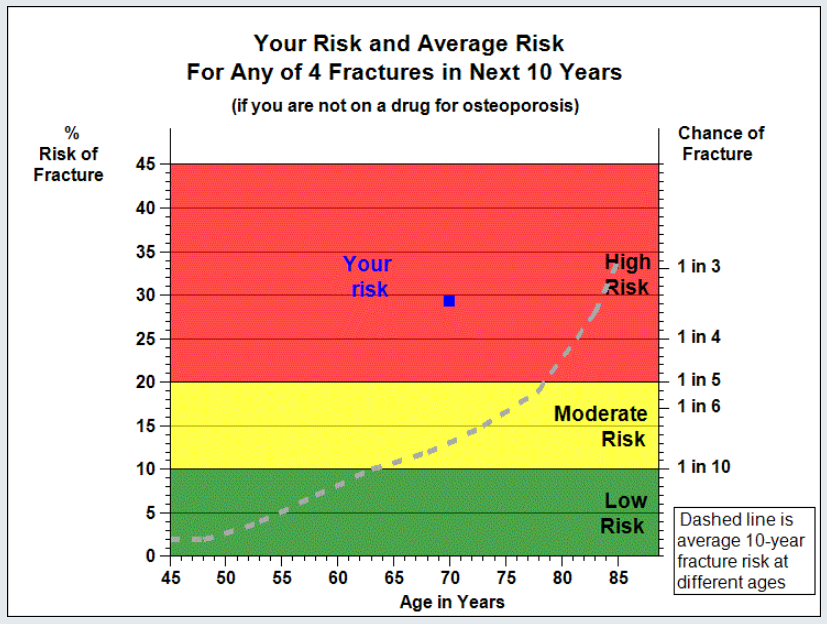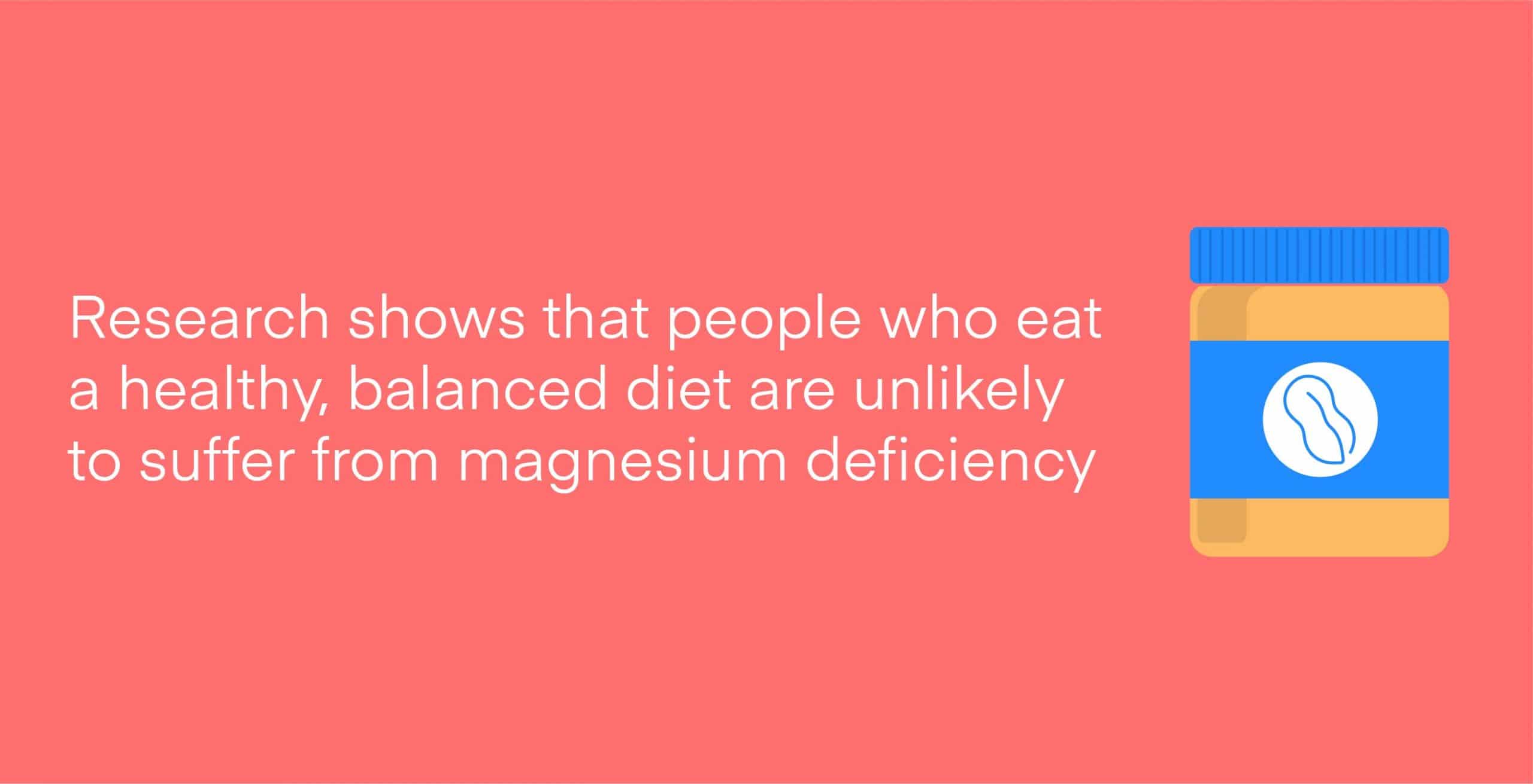
The rapid decline of estrogen produced by the body. More likely to suffer from bone degeneration during and after menopause due to And contrary to popularīelief, osteoporosis affects both men and women equally. Over many years, and it speeds up as we get older. Bone loss and bone degeneration is a gradual process that occurs

Problem with osteoporosis is it’s a disease that takes a long time to rear its The worst part is most people have no idea they actually have weak or brittleīones until they have a fall and break their hip or wrist, or injure their back. To watch a loved one go through a hip fracture or back injury will know. Suffering caused by this condition is absolutely awful, as anyone who has had From supporting optimal bone health to so much more, Essential Mg is an ideal way to ensure that you're receiving optimal amounts of this all-important, health-benefiting mineral.Osteoporosis is a nasty disease.

Calcium does play an important role in the health of bones, but new research suggests that excess calcium intake, a common practice, can negatively impact heart health.Įssential Mg contains five forms of highly bioavailable magnesium.

Speaking solely on bone health and osteoporosis prevention, magnesium is arguably the mineral that is driving the train. Two separate studies published in the American Journal of Clinical Nutrition showed that insufficient magnesium intake lowered bone minerals, while adequate dietary magnesium intake increased bone mineral density, helping reduce the risk of osteoporosis and related bone fractures. Most notably, adequate magnesium is essential for absorption and metabolism of calcium. Susan Brown writes, Since magnesium participates in an astonishing array of biochemical reactions, it's no surprise that it's essential for healthy bones. Magnesium: Mega-beneficial mineral for bonesĪ strong case can be made for magnesium as the most important component for bone health instead, especially because magnesium is necessary for the proper utilization of vitamin D and calcium.ĭr. So where did that calcium go? Obviously into the soft tissues where it does not belong. Also, when patients with severe osteoporosis were given massive doses of calcium, they went into positive calcium balance, but radiographic studies revealed no changes in the osteoporotic process. Osteoporosis is not more common in those parts of Asia and Africa where diets are relatively low in calcium (300-500 mg/day) than in Europe and North America where consumption of dairy products contributes to more than1000 mg of calcium/day. There is no evidence, however, to support this view.

Erin Michos of the Ciccarone Center for the Prevention of Heart Disease at the Johns Hopkins University School of Medicine states that his study adds to the body of evidence that excess calcium in the form of supplements may harm the heart and vascular system.Ĭonsidering that 99% of the total body calcium is located in the bones, it is not surprising that academic proponents of high calcium intake have used as an argument the possible role of calcium deficiency in osteoporosis, says magnesium expert Dr. Calcium is indeed important to maintain bone health, but mega-dosing on this mineral under the belief that more is better may not benefit you in the long run.Īfter reviewing 10 years of medical tests involving over 2,700 people, scientists found an association between calcium supplements and an increased risk of arterial plaque buildup and heart damage.ĭr. Every day, thousands of calcium supplements are being swallowed in the hopes of staving off osteoporosis.


 0 kommentar(er)
0 kommentar(er)
